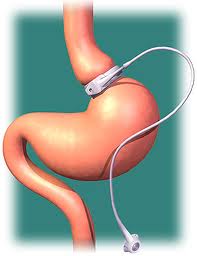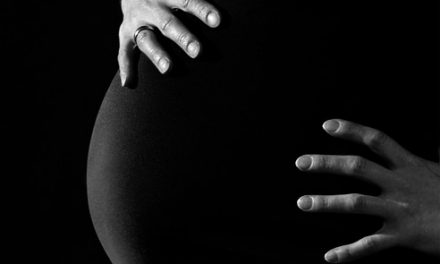I often have patients tell me that they don’t understand why other people can seemingly eat whatever they want without gaining a pound, whereas they feel like they gain weight just by looking at food.
A fascinating review published in the journal Obesity looks at the differences in metabolism amongst people. As data during times of weight stability doesn’t seem to explain broad differences in weight change seen in different people, they focused on data during times of short term change in energy intake – 24h hour periods of overfeeding or fasting.
The existing data suggest that:
- Humans have an ability to respond to overfeeding with an increase in energy burn, and to respond to fasting with a decrease in energy burn, and that these adaptive abilities are quite different from one person to the next.
- People with the greatest increase in energy burn during overfeeding also have the smallest decrease in energy burn during fasting (thus, a lower propensity to weight gain).
- People with the smallest increase in energy burn during overfeeding also have the biggest decrease in energy burn during fasting (thus a higher propensity to weight gain).
- Hormonal differences may partly explain these differences. For example, a greater increase in a hormone called FGF21 with overfeeding is associated with a greater increase in energy burn, and an impaired ability to increase FGF21 levels may be one of the hormonal features of people more inclined to gain weight.
- Metabolic flexibility may play a role as well. In particular, people who are less able to burn fat in response to dietary fat during overfeeding are more inclined to gain weight.
- Our bodies are not all the same in their ability to automatically sense energy needs, and how much food intake needs to happen to match that energy need. Based on the existing research, some people’s bodies may ‘over-sense’ how much energy is needed to meet their metabolic demands, which leads to eating more than needed and weight gain.
- Cold temperatures increase energy burn in humans by activating brown fat. People who have greater activation of brown fat after cold exposure are less likely to gain weight than those who have less activation of brown fat.
Bottom line: Different people have very different metabolic tendencies towards weight gain. Again we have powerful evidence that obesity is about far more than lifestyle choices – there are hormonal, metabolic, and energy sensing mediators that are amongst the many players that contribute to the weight struggle. This is important data to fuel our battle against the obesity stigma that is still so prevalent, and can also inform us towards developing individually-tailored treatments for this chronic disease.
Dr Sue Pedersen www.drsue.ca © 2019
Follow me on Twitter! @drsuepedersen












